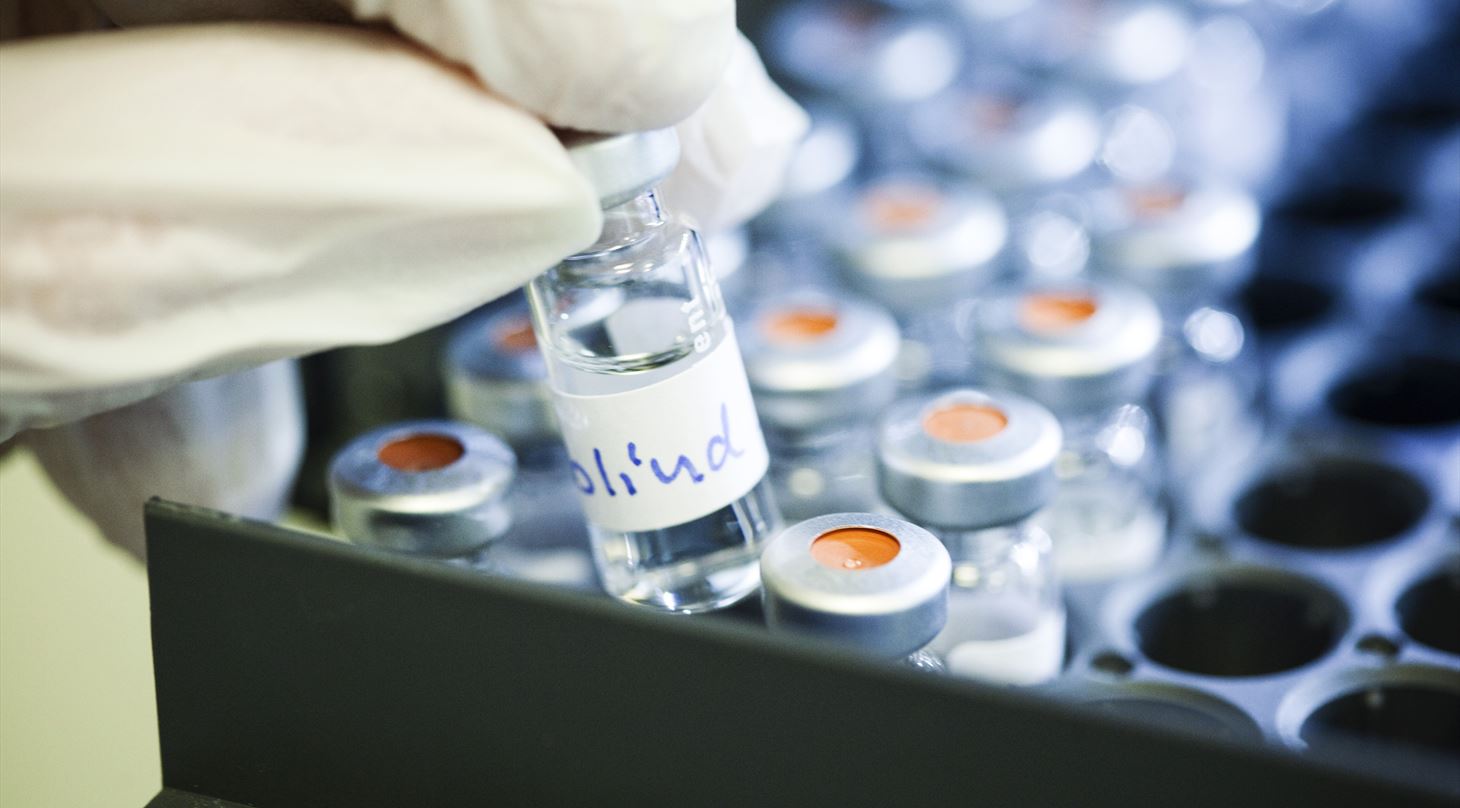
Medical devices - ISO 10993-7: Ethylene oxide sterilization residuals
Select Page
Biocompatibility service acc. ISO 10993
Ethylene oxide sterilization residuals according to ISO 10993-7
The majority of medical devices are sterilized before it is packed and is ready for use.
When ethylene oxide is used for sterilization it is important to ensure that the levels of residual ethylene oxide (EO), ethylene chlorohydrin (ECH) and ethylene glycol (EG) pose a minimal risk to the patient in normal product use.
How can Danish Technological Institute help you?
- Measure residual gases from ethylene oxide sterilization according to DS / EN ISO 10993-7: 2008/A1:2022
- The results can be used for biological evaluation of medical devices
- If new analysis methods must be developed, then Danish Technological Institute will enter into a close co-operation with the customer to obtain the best results.
The laboratory is accredited according to ISO/IEC 17025:2017.